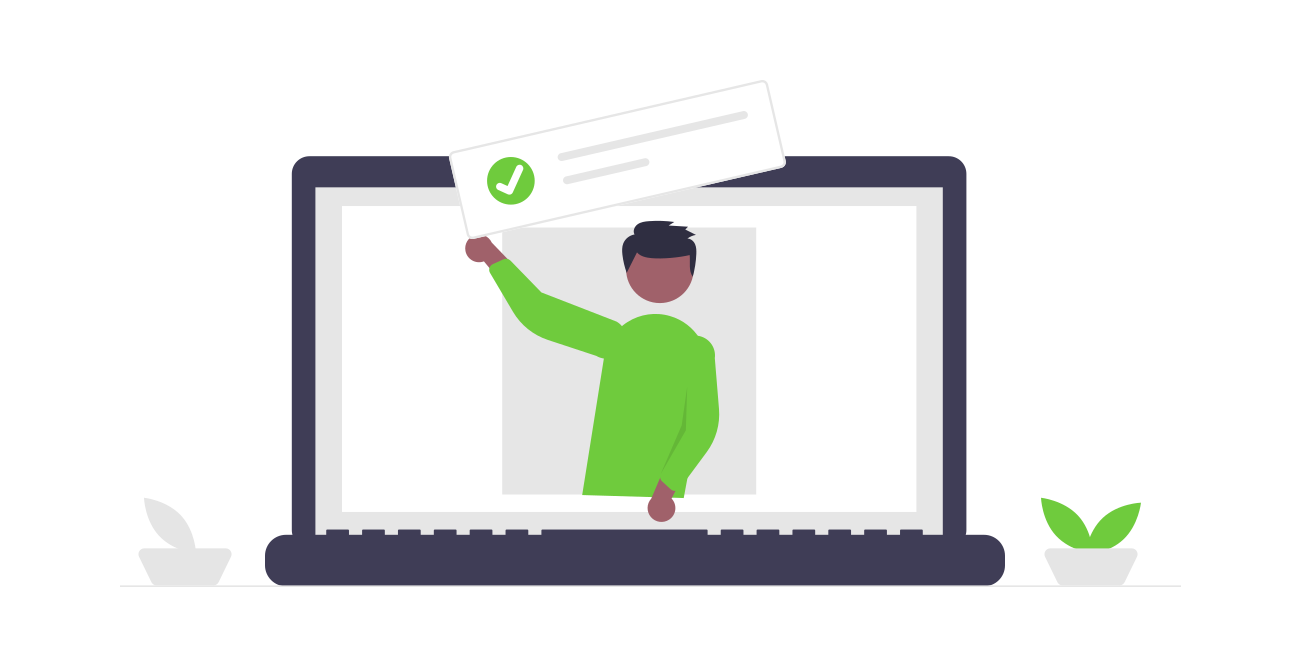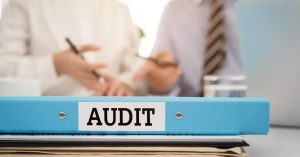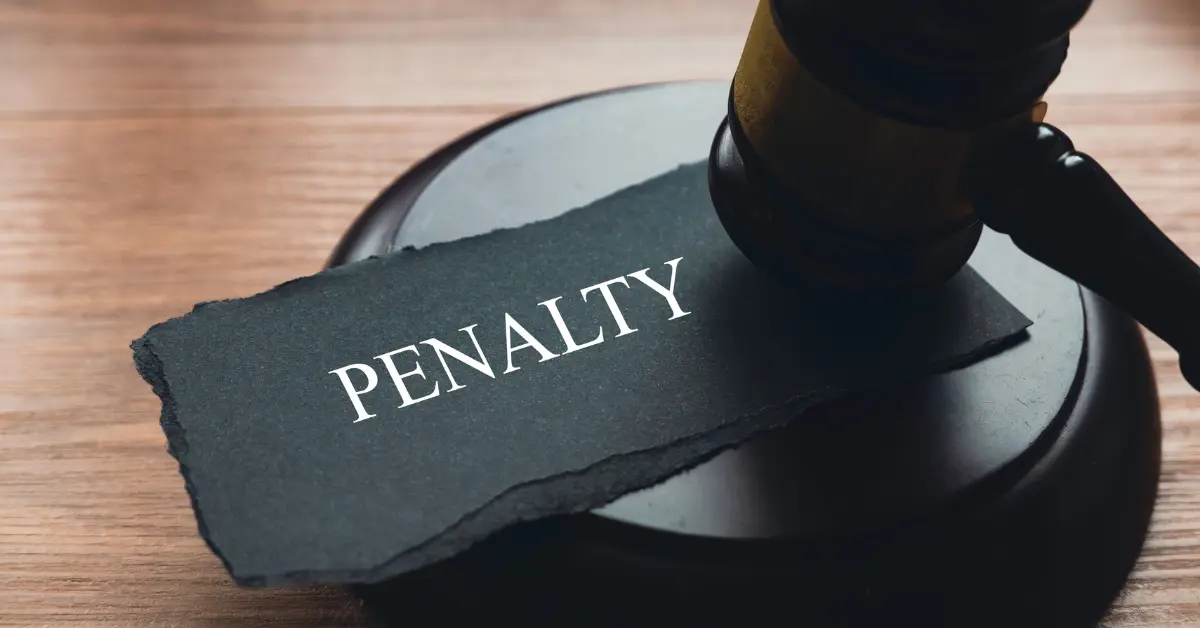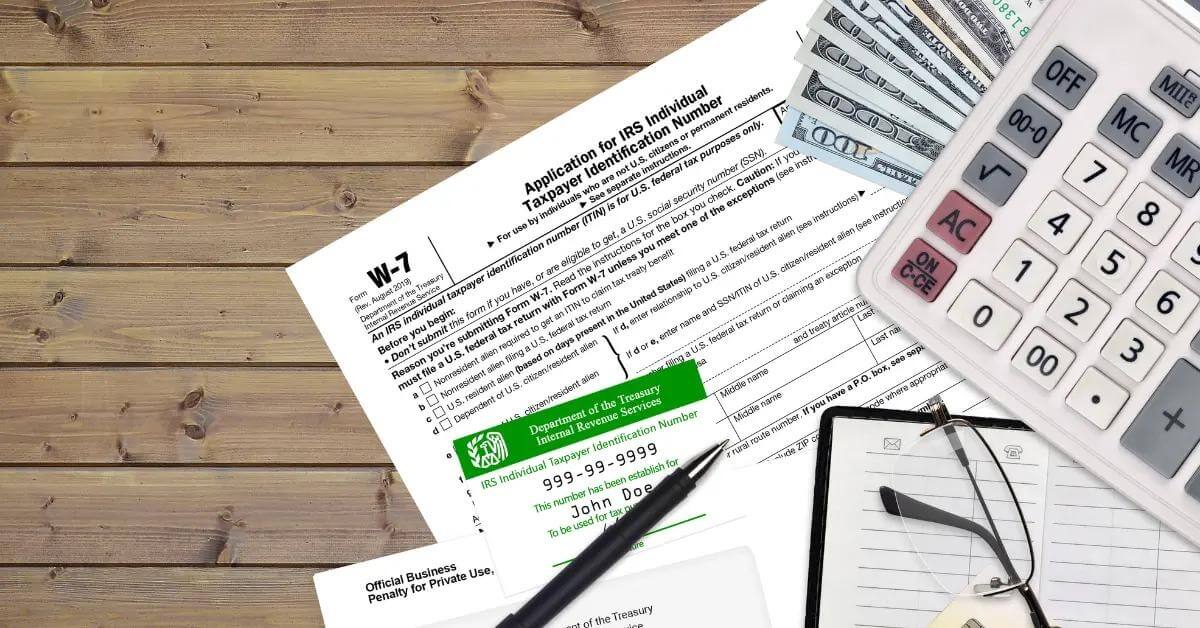Taxpayers often get confused when they still owe the IRS at tax time despite withholding significant amounts of taxes from their paychecks. This often raises the question, “Why do I owe taxes?”
Those who have a traditional job may not face this issue often because they can calculate their income and accurately estimate the taxes that their employer should withhold. Self-employed workers, though, are a different story.
Self-employed people get to enjoy a lot of perks. They get to choose their working hours and have the autonomy of picking the projects they want to work on. That doesn’t mean they avoid the tax obligations that others face, though.
The difference is that no one withholds taxes for a self-employed worker, so they have to do it themselves. Those who estimate that they’ll pay more than $1,000 in taxes, therefore, should make quarterly payments. Failure to do so, or underestimating your potential tax return, will likely result in the IRS demanding more taxes.

Why Do I Owe Taxes?
No one likes to work hard all year and take home way less than they made. This is likely to happen, though, if you don’t take the proper precautions when estimating and making your quarterly payments. Here are some more reasons why self-employed people may find themselves asking, “Why do I owe taxes almost every year?”
Increased Income
You are likely to owe taxes to the IRS if you had a good year and your income ballooned. Let’s face it: Self-employed people rarely know how much they will make in a year because unforeseen opportunities may arise. This is a good thing, but it means you may have to pay more in taxes than you estimated.
Making Small Quarterly Payments
Everyone wants a refund when tax season comes around, but withholding a high amount of taxes can be risky. You want the least tax obligations, but you also need funds to run your business throughout the year. Balancing between the two can be a good skill to develop so you don’t have much taxes left to pay each year.
Changes in Deductions
Tax deductions for self-employed persons help reduce the tax obligations that business owners face. These deductions may vary from time to time, making it important to keep abreast of such changes. The Tax Cuts and Jobs Act that came into effect in 2018, for example, introduced some permanent and temporary deductions for self-employed persons.

4 Ways to Reduce the Amount of Taxes You Owe to the IRS
1. Get Proper Advice on Your First Year of Business
2. Base Your Tax Payments on the Earnings of the Previous Year
The IRS will not penalize you if you can show you made the same payment as the previous year. Simply find how much you paid the previous year by looking at your tax return. Divide this total figure by four and pay that amount to the IRS as a quarterly payment.
Let’s say your taxes amounted to $6,000 in the last financial year. You would make quarterly payments of $1,500 to the IRS. You would only pay an extra $1,000 without any penalties if your tax turns out to be $7,000.
3. Create a Separate Business Expense Account
Filing your taxes will be a breeze if you implement this helpful tip. It’s a good idea to get a separate bank account and credit card for your business expenses. A dedicated business expense account gives you proper records and references when it’s time to do your taxes. It will also come in handy when you have an IRS audit or need to confirm certain expenses.
4. Make Estimates on the Higher Side
Your tax debt can be significant, and the last thing you want is a tax penalty from the IRS. Underpaying your taxes will cause the IRS to charge interest from the day you ought to have paid your taxes until when you pay them. You won’t always be sure of the exact taxes to pay, but you can overestimate your expected tax debt.
Overestimating your tax payments helps you avoid penalties, and you won’t lose the extra cash. You’ll just get it as a tax refund.
Underpaying your tax liabilities can result in the IRS imposing hefty fines and other penalties. You can try and walk down this path alone, but it’s advisable to have a tax professional beside you to ensure you don’t overpay your taxes or run afoul of the IRS.

Get Expert Help With Your Taxes
Self-employed people need to take care when estimating their possible taxes and making quarterly payments. You will otherwise always be asking, “Why do I owe taxes?”
Silver Tax Group has a skilled team of tax advocates that will ensure you get the best tax outcomes. We also have deep experience in helping clients address any problems they have with the IRS. Contact our office to learn more about what’s causing you to owe more taxes.








